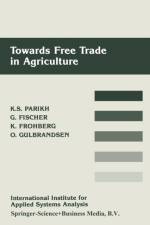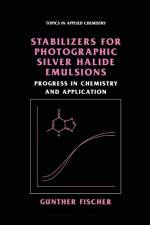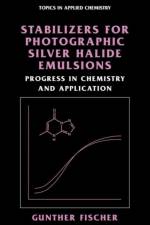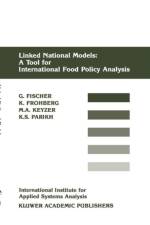von Gunther Fischer, Kirit S. Parikh, Klaus Frohberg & usw.
139,00 €
Quantitative coronary angiography has become an invaluable tool for the interventional cardiologist, providing objective and reproducible measurements of coronary artery dimensions, which can be used to study progression or regression of coronary atherosclerosis, as well as the immediate and long term effects of percutaneous interventions. Until recently, this powerful imaging technology was confined to a small number of so-called high level institutions. Fortunately, with the development of digital cardiac imaging equipment and adaptation of cine-angiographically based computer software for on-line use in the catheterization room, quantitative coronary angiography is now available to all interventionalists. This book is a timely guide for the impending QCA user, providing practical as well as theoretical and scientific information. A comprehensive evaluation of the clinical usefulness of QCA is covered, from the fundamental principles through experimental validation studies, application to clinical trials of a wide range of pharmacological and interventional therapies in the full spectrum of clinical presentation of coronary disease syndromes, evaluation of the therapeutic efficacy of various new devices for coronary intervention, together with extensive presentation of its physiological, functional and anatomical correlations, by comparison with other intracoronary measurement and imaging techniques. In addition, evolving theories and concepts in the ever topical 'restenosis phenomenon' after percutaneous intervention, based on serial QCA studies, are presented and discussed and a potentially unifying methodological approach to further study of this ubiquitous problem is offered. This book, thanks to the collaboration of many experts in the field of intracoronary imaging and measurement, provides stimulating, interesting and practical information, both for the academic scientist and practising clinician.








